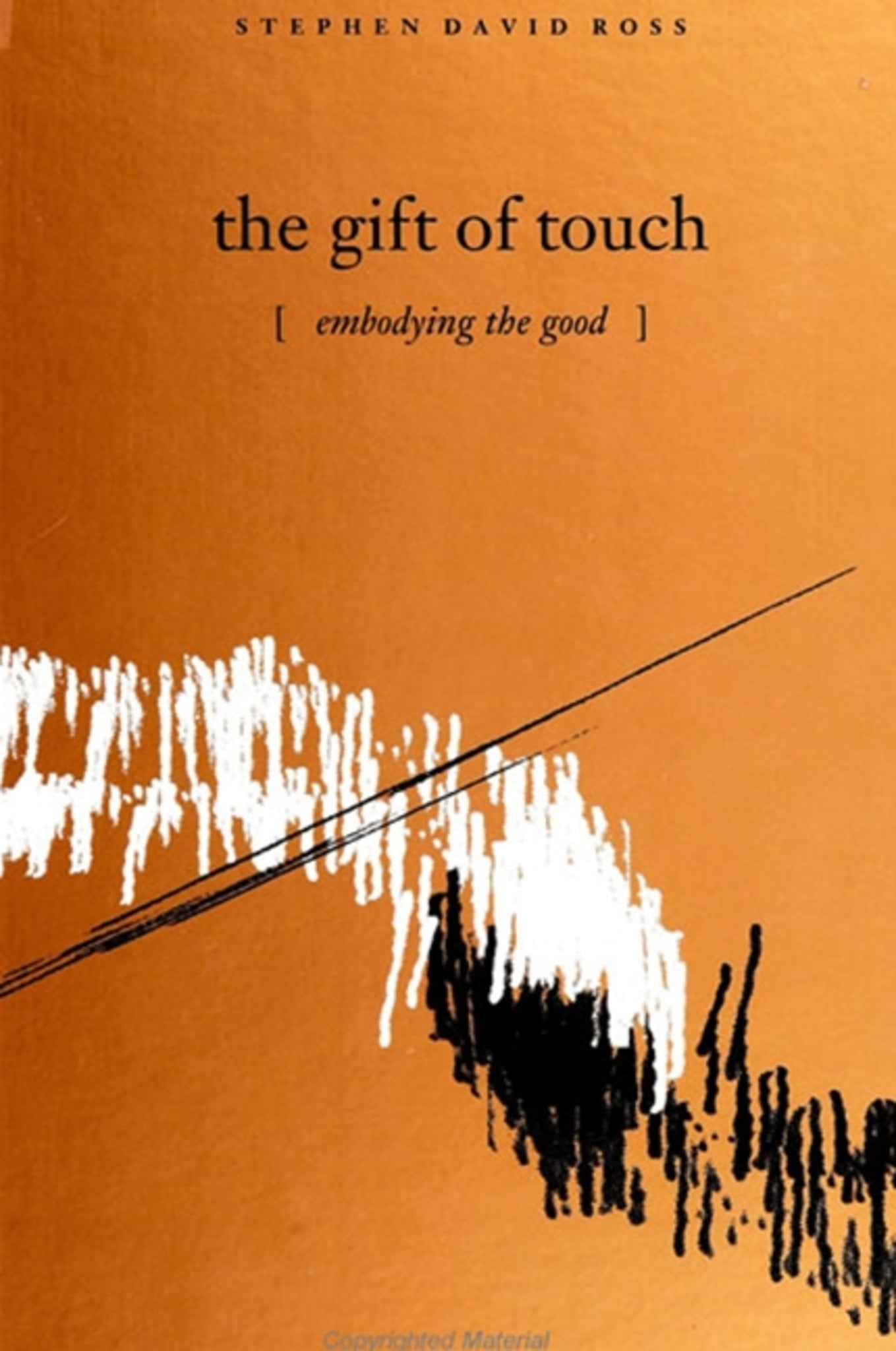We're sorry. An error has occurred
Please cancel or retry.
The Gift of Touch

Some error occured while loading the Quick View. Please close the Quick View and try reloading the page.
Couldn't load pickup availability
- Format:
-
03 September 1998

Traces Western ideas of corporeal bodies from Plato to contemporary feminist and postructuralist writings, with the purpose of reexamining the good, identified in Plato as that which gives authority to knowledge and truth.
The Gift of Touch is the third volume in Ross's ongoing examination of the Western philosophical tradition in ethical terms, from the standpoint of the good, giving rise to endless responsibilities, resisting the neutrality of being and truth. The first volume, The Gift of Beauty, explored the link between art and the good in the light of Nietzsche's revaluation of all values and the second volume, The Gift of Truth, explored the ways in which truth and knowledge answer to a responsibility beyond themselves, given from the good. This third book traces Western ideas for corporeal bodies from Plato to contemporary feminist and poststructuralist writings, understanding corporeal things throughout nature as heterogeneous and expressive, interpreted in ethical terms, in relation to histories of domination and resistance. At the heart of the book is a reexamination of the good, found in Plato as that which gives authority to knowledge and truth. The good gives being in abundance, understood in terms of endless responsibility, giving rise to an ethics of inclusion.


"Stephen David Ross has a special talent for pursuing the ramifications of a given topic, here the human body in its flesh and tactility, into the most engaging corridors of discussion. He takes generous account of the most important work that has been done on the body from Plato, Spinoza, and Whitehead through Merleau-Ponty, Deleuze and Guattari, Butler, Grosz, Lingis, and others. At the same time, he sets their work within the framework of his own evolving thought, especially that which bears on 'plenishment,' that is, the intersection of cherishment and sacrifice. He asks, 'How long before we care for abundance?' He sees abundance as 'given from the good' and thus as something that resists ethical and political neutrality. Coming to terms with the many kinds of body—expressive, fleshy, disciplined, exposed, engendered, queer, etc.—allows us to revise our sense of the good and to bring it down to earth in attentive and effective ways. His moving conclusion is that 'the infinite unfolding and refolding of corporeal bodies is plenishment in the earth, for the sake of the good, in memory of abundance.' This is a strikingly sensitive and illuminatingly original work." — Edward S. Casey, State University of New York at Stony Brook
(Abridged)
General Preface to the Project: The Gift of the Good
Introduction: Touching the Body of the Good
1. Mortal Bodies
2 Magic Bodies
3. Natural Bodies
4. Rational Bodies
5. Expressive Bodies
6. Prehensive Bodies
7. Fleshy Bodies
8. Disciplined Bodies
9. Full Bodies
10. Exposed Bodies
11. Fluid Bodies
12. Subject Bodies
13. Engendered Bodies
14. Queer Bodies
15. Surplus Bodies
16. Earthly Bodies
Notes
Bibliography
Index



